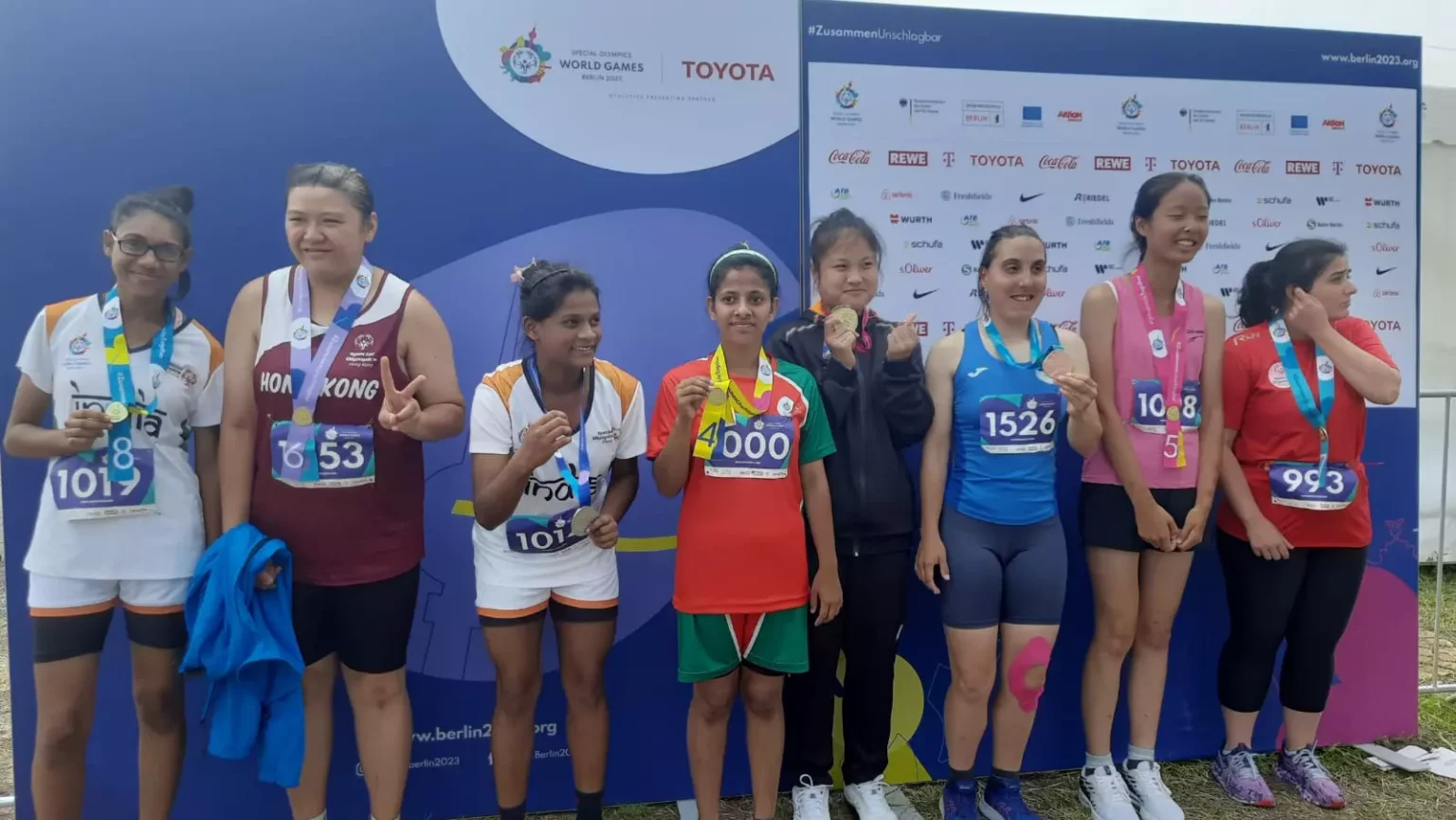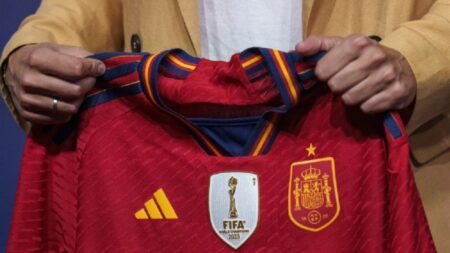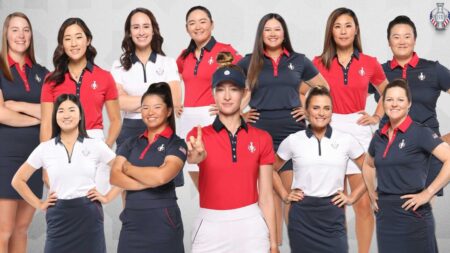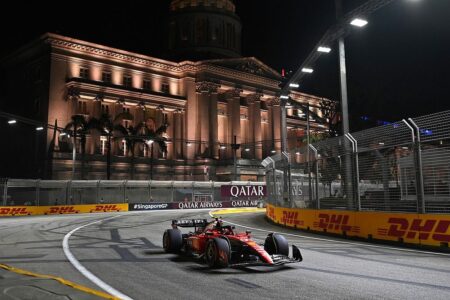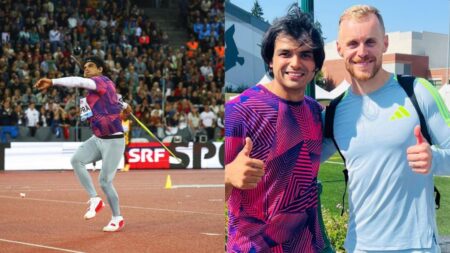Special Olympics World Game in Berlin concluded with great success for India. Achieving a remarkable total of 202 awards out of which 76 were gold medals, 75 silver and 51 bronze.
The 194 membered team of India performed extremely well throughout the 9 days of the event. The Special Olympics were played from June 17 to June 25. On the final day of the event the Indian athletes showcased their talent and notched six medals from the track events with 2 gold, 3 silver and 1 bronze.
Aanchal Goyal, among these athletes, won the Level B 400m event and Ravimathi Arumugam secured the top place in the Level C Female 400m race.
On the same day, Saket Kundu, who had bagged a silver medal in the mini javelin Level B, also won a bronze in Level B 400m, a rare double act in both track, along with field exemplifying his skillset.
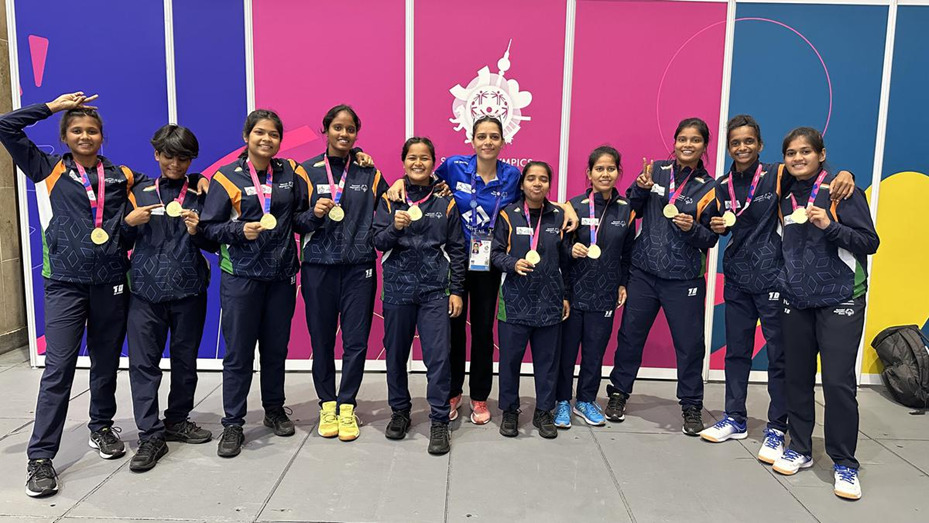
Overall, India participated in a plethora of sports such as roller skating, basketball, volleyball, track, tennis, handball, and golf alongside others. On 25th June India won as many as 45 medals across lawn tennis, cycling and athletics.
India’s Men’s team achieved their first gold medal in the Football tournament by defeating Saint Lucia (2-1). They played out a 2-2 draw against Saint Lucia in the league stage. The Indian Team had given exemplary performance in all matches especially in the semi-finals against Hong Kong which ended with 7-0.
The Special Olympics allows the global communities to come together and celebrate their diversity and skills with great energy and rigor among those with intellectual disability, cognitive delay and developmental disability. These games have occurred every year since 1968. The emotional ending ceremony of 2024 consisted of participants all across the world who participated in the games and occurred at the Brandenburg gate in the center of the city.
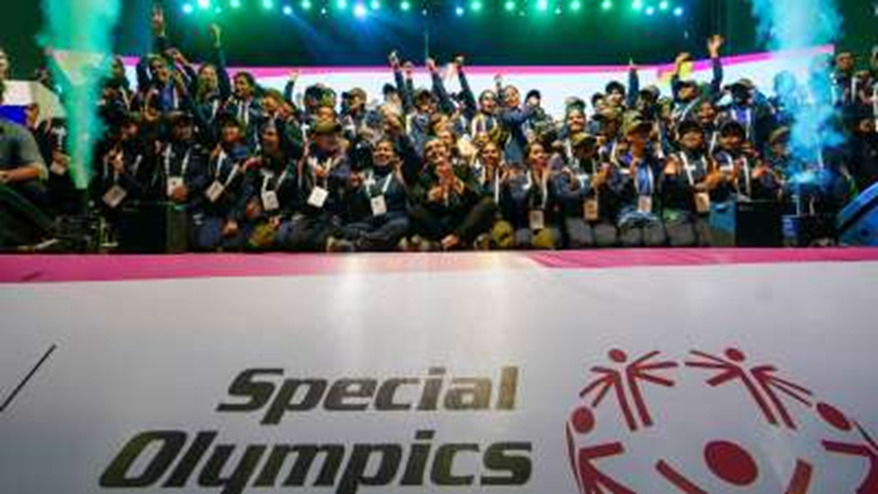
The chairperson of Special Olympics Bharat, Malika Nanda, commented on the Indian performance in Berlin and said, “A huge number of our athletes have faced social discrimination of various forms, and are regarded as non functioning members of society in various quarters.”
She further established the incessant need for inclusion and recognition of these contestants: “Their performance in the sporting arena prove that they are capable of great feats, or strength, speed, concentration and discipline.” Malika Nanda wishes that with the success of the Special Olympics, many people finally understand the importance of the movement and the need to make the social environment more inclusive for them.







